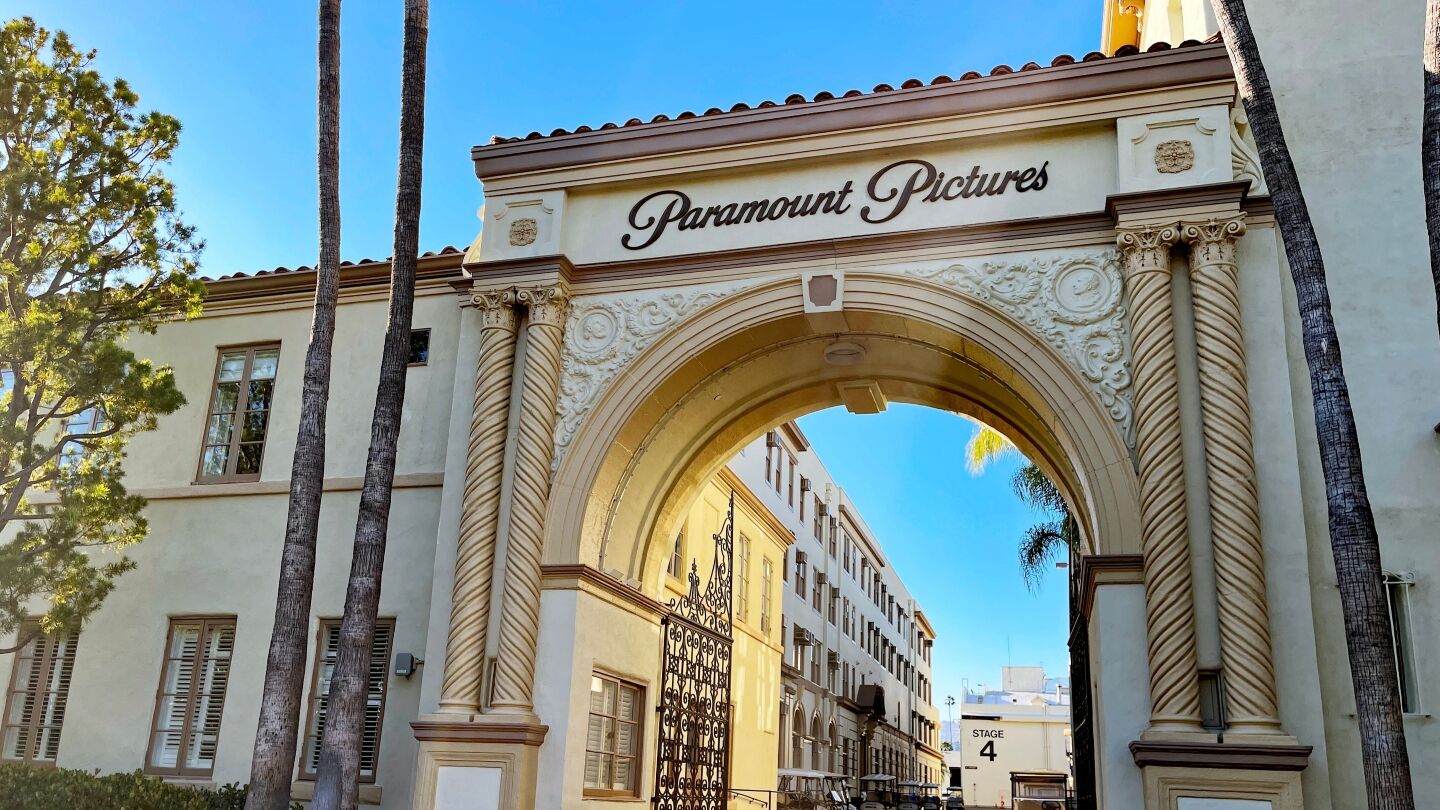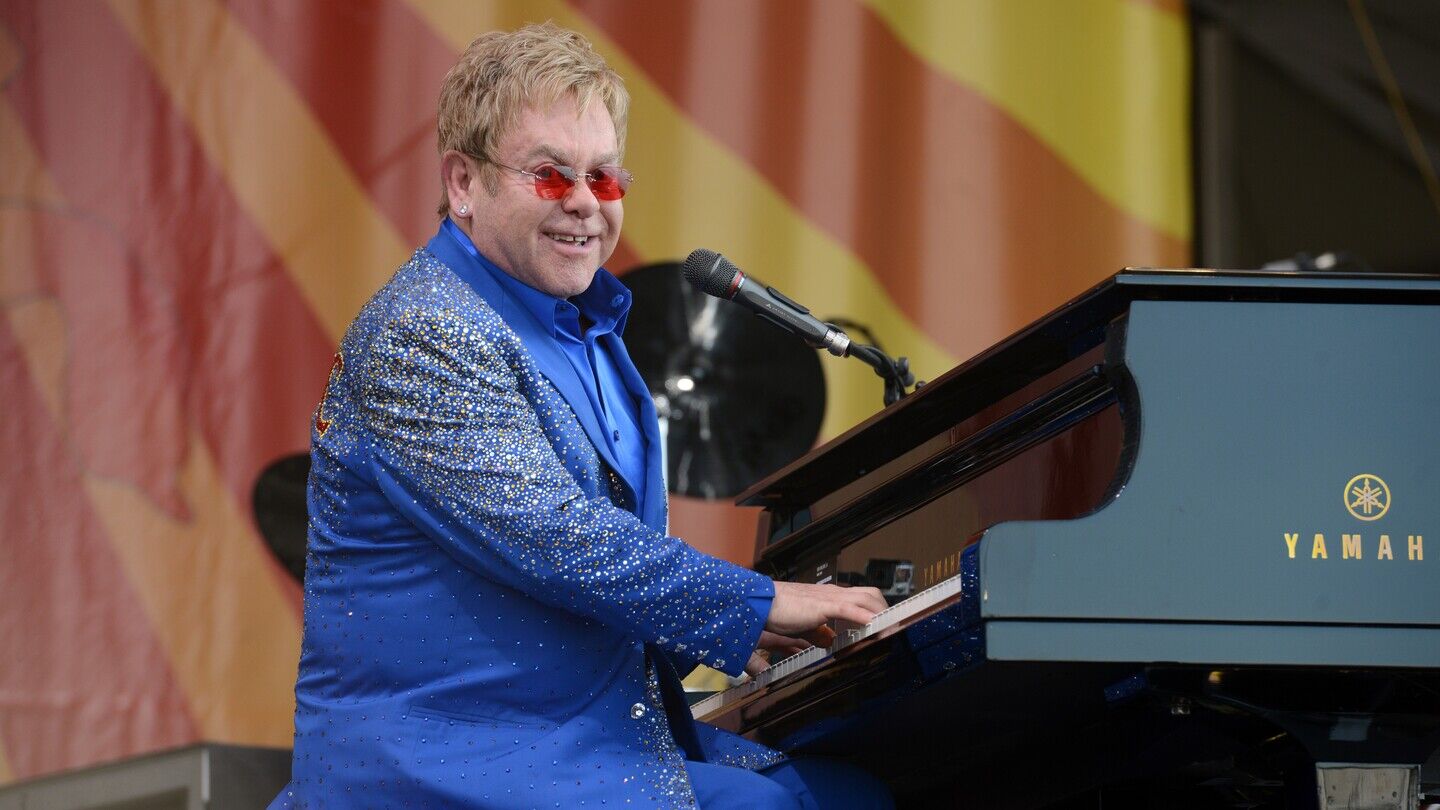The latest advances in AI-based personalisation were the topic of an IBC365 roundtable held at NAB earlier this week.
Industry leaders from across the global media and entertainment landscape explored how AI can be used to enhance content discoverability, streamline production and localise content. Its impact on advertising was also discussed.

Moderator Thomas Thomson, Senior Analyst - Video Technology at Omdia, kicked off the debate by highlighting research showing that 70% of people know what they’re looking for when they turn on the TV. It is when it comes to the other 30%, however, that issues in terms of content discoverability arise.
Offering the news channel perspective, David ‘Hos’ Hostetter, Digital CTO, Al Jazeera Media Network, said: “Content is king. With our content, when there’s an interesting development, technology uses a mechanism to get people to it – and obviously you want ubiquity there. We've partnered with some of the bigger companies, Google and Microsoft, and leveraged their technology to help drive personalisation. We've seen fair results. When it comes to our KPIs, our mission is number one – so the voice should be voiceless – but then it’s about reach, engagement, loyalty and monetisation.”
“With AI, content discoverability will change a lot,” added Carlos Octavio Queiroz, Director of Architecture, Data/AI Strategy, Globo. “It’ll be more conversational, but I don’t see it as a one-size fits all. Proactive users will interact with the AI assistant, but for passive users it will be simpler. My UI will be different from your UI. It will be user-led based on the profile of the user.”
The impact of AI on sports production was also discussed at length, with automated highlights and the ability to deliver localised content identified as specific plus points.
“Predominantly with sport, it's live, it's on at that time, at that place, and of course, if we have a myriad of channels, you have to help people find where that live event is,” said John Lennon, Director of Technology, beIN Media Group. “Also, the value of that asset changes as soon as the final whistle goes. There may be a repeat of it, but let's face it, who's got two hours to watch a repeat of a football match?”
For that reason, the participants agreed that being first to publish highlights across platforms is essential, with AI tools adding real value when it comes to clipping and publishing content at speed.
Of course, the integration of AI into workflows isn’t without its challenges and possible risks, and the issue of governance was hotly debated.
As Queiroz said: “The whole AI stack opens up a lot of opportunities, but it also brings risk. Governance is important, but when you use the word governance people think it means you’ll block it. I don’t think of governance as a blocker.”
Read the full report here.
To learn more about the 'Exploring advances in AI-based personalisation' roundtable, click here. To learn more about the IBC Roundtable Programme, including future topics, sponsorship opportunities, or to register your interest as a potential participant, please email dsymonds@ibc.org.
You are not signed in
Only registered users can comment on this article.

Paramount CEO David Ellison pens open letter to UK creative sector
David Ellison, Chairman and CEO of Paramount Skydance, has written an open letter to the UK creative community setting out a series of commitments should Paramount succeed in acquiring Warner Bros. Discovery.

UK film and high-end TV production hits £6.8bn in 2025
Film and high-end television production spend in the UK stood at £6.8bn in 2025, a 22% increase from 2024 and the third highest annual spend on record, according to the BFI’s Research and Statistics Unit.

48 products receive IPMX certification at ISE 2026
At ISE 2026, the Alliance for IP Media Solutions (AIMS) officially revealed the first 48 products that have been certified to the Internet Protocol Media Experience (IPMX) standard.

IBC Accelerator programme unveils shortlisted projects to pitch at Kickstart Day 2026
The IBC Accelerator Media Innovation Programme has announced the 12 project concepts scheduled to pitch their ideas to a live audience at Kickstart Day 2026, taking place on 25th Feb at BBC Broadcasting House, London.

Prime Video overtakes DAZN as top spending streamer on sports rights in 2026
Prime Video is set to become the world’s largest streaming investor in sports rights, overtaking DAZN for the first time, according to new research by Ampere Analysis.



.jpg)
